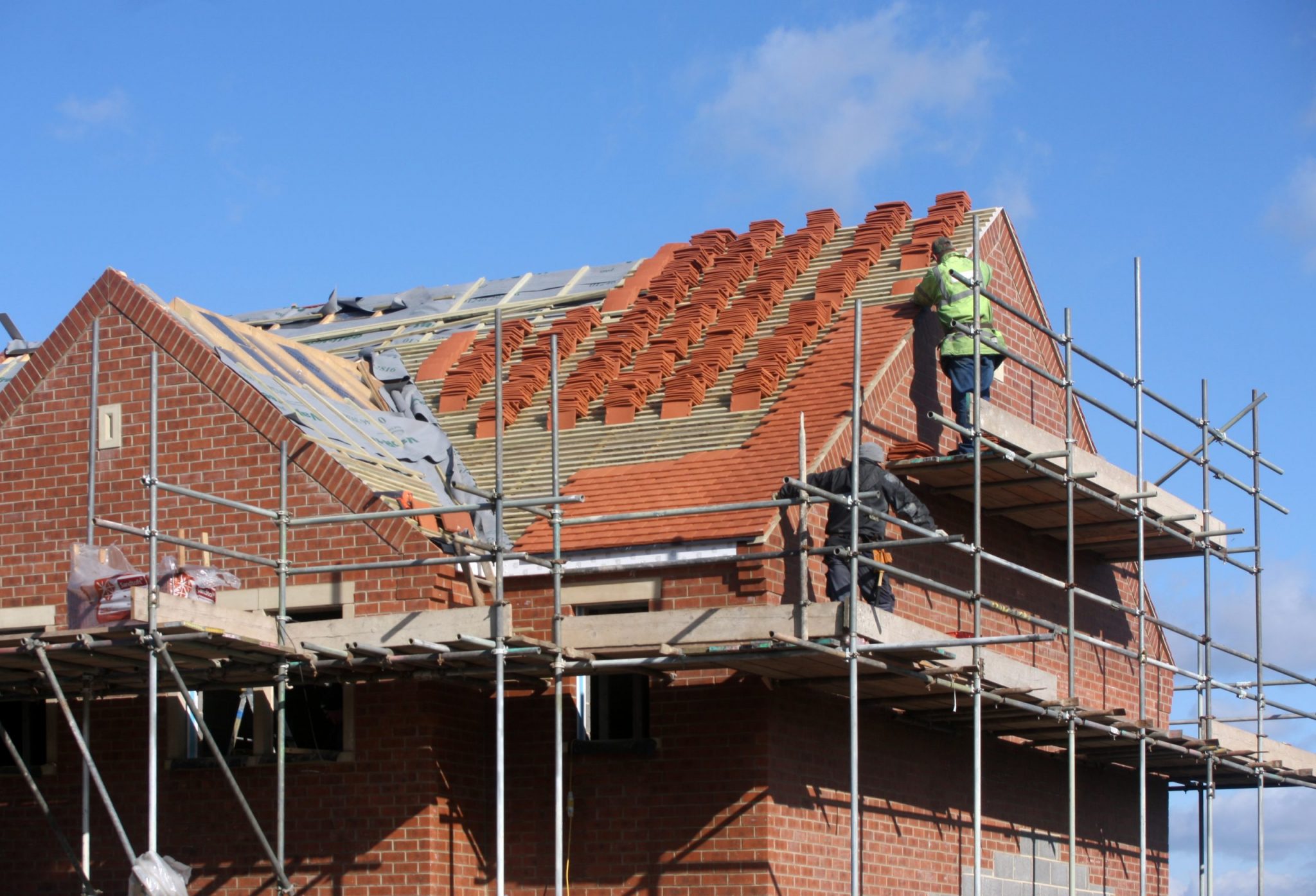
The total number of social homes in England increased by slightly during between April 2021 and March 2022, according to new statistics from the Regulator of Social Housing.
Taking into account all private and local authority registered providers, including stock ownership and rents, the data shows a net increase of around 31,000 social homes during the period.
Returns from all registered providers of social housing show that the sector owns 4.4m homes across England.
A deeper dive into the figures show that the number of affordable rent and low-cost home ownership homes increased, while the number of social-rent homes fell.
General needs still makes up the majority of the social housing sector at 83% of all stock, with supported housing at 11% and low-cost home ownership at 5%.
Private providers and local authorities
Private registered providers built and purchased more homes this year, as activity moved back towards pre-pandemic levels following the ending of COVID-19 restrictions.
There has also been an overall increase in their low-cost rental stock since April 2021, with over 20,000 homes for Affordable Rent being added.
However, despite the addition of just over 3,000 homes for Affordable Rent, local authorities saw another decline in their overall low-cost rental stock.
Both private and local authority providers increased their low-cost home ownership stock, with over 18,000 more units owned across the sector in 2022 than in 2021.
Rents also increased in the year, with the average increase in general needs (social rent) weekly net rents coming in at 1.6%, in line with the limit set for 2021/22.
The average weekly general needs (social rent) rent across England was £94.31, with variations across different regions of the country.
Rents were lowest in the north-east (£78.89) and highest in London (£116.16).
‘Quality data is essential’
Will Perry, director of Strategy at RSH, said: “The data from the 2021/22 Statistical Data Return and Local Authority Data Return show the impact of COVID-19 restrictions ending, with greater levels of development and acquisition activity in the period.
“There is a wealth of data in this year’s returns, which will be of use to anyone interested in social housing in England.
“It also underlines how good quality data is essential for providers making difficult decisions about future investment in the current economic climate.”
Read next: Rishi Sunak as PM: Housing sector reacts
Are you a social housing professional? Sign up for a FREE MEMBERSHIP to upload news stories, post job vacancies, and connect with colleagues on our secure social feed.



